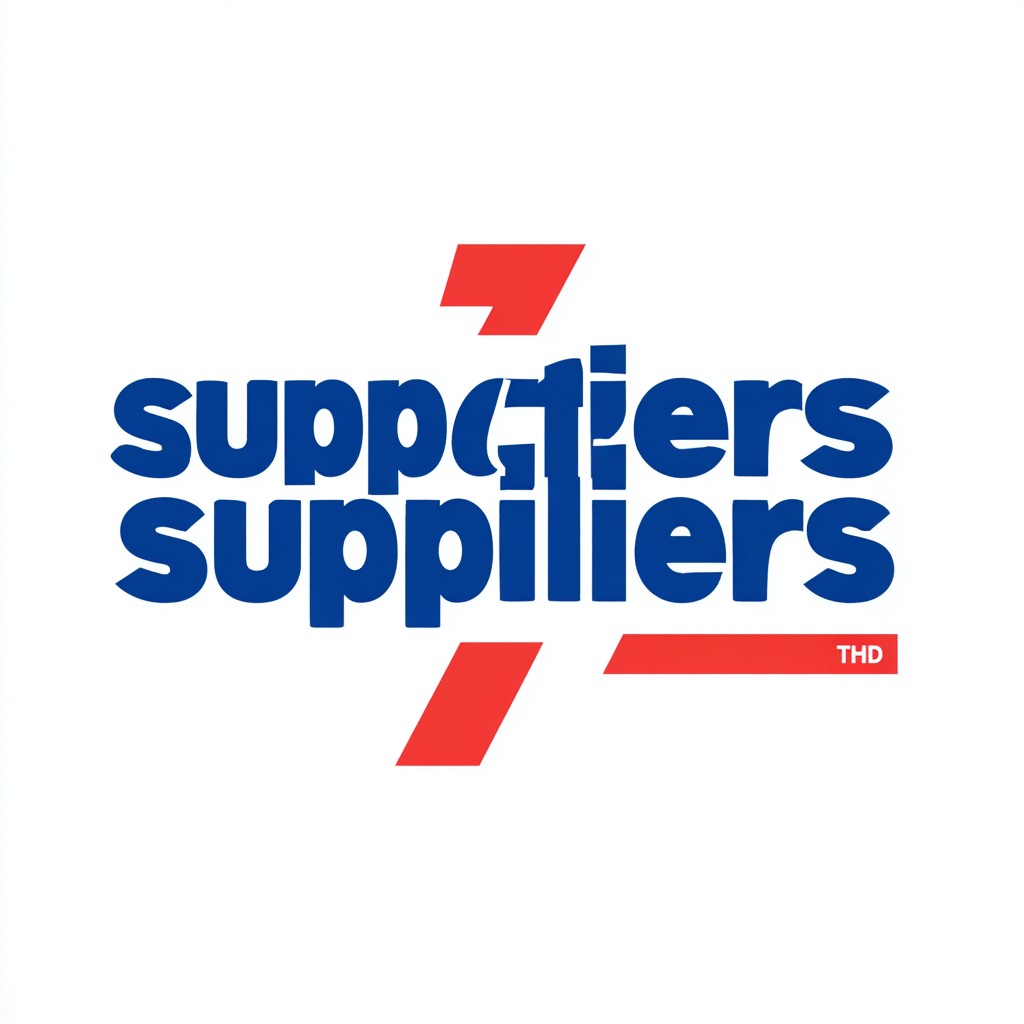


In today's competitive business landscape, the choice of suppliers plays a pivotal role in a company's success. According to a recent report by the Supply Chain Management Review, around 70% of businesses state that their supplier relationships significantly impact their profitability and operational efficiency. As organizations focus on streamlining processes and enhancing value, identifying the right suppliers becomes crucial. The integration of reliable suppliers can not only ensure consistent quality but also foster innovation and flexibility, key elements that drive a business forward. In this blog, we will explore the seven best suppliers tailored to meet diverse business needs, empowering entrepreneurs to leverage supplier partnerships for sustained growth and success.

When it comes to sourcing suppliers for your business, identifying essential criteria is crucial to ensure long-term success. First and foremost, it's important to evaluate the supplier's reliability. This includes their track record for on-time deliveries, consistency in product quality, and their ability to meet your business's specific needs. A dependable supplier not only enhances your operational efficiency but also contributes to overall customer satisfaction.
Another vital criterion is the supplier's financial stability. A financially sound supplier is likely to maintain quality standards and avoid disruptions in service. It's also essential to consider the supplier's flexibility and willingness to adapt to your changing requirements. Whether you need to scale production up or down, a supplier that can accommodate your business needs will be invaluable. Lastly, assess their communication style and support. A responsive supplier who prioritizes clear communication can help resolve issues quickly, ensuring that your supply chain runs smoothly.

In today's competitive business landscape, selecting high-quality suppliers can significantly impact your success. Recent insights reveal that companies in the automotive sector are facing challenges related to supply chain dynamics and payment terms. For instance, leading automotive manufacturers have unified their supplier payment schedules to 60 days to stabilize their supply chains and promote high-quality development within the industry. This move underscores the importance of nurturing relationships with reliable suppliers who are agile and responsive to changes in the market.

Moreover, the demand for better supplier relationships is echoed across various industries, including e-commerce and industrial sectors. Reports suggest that businesses leveraging technology and channel partnerships can drive transformation in their supply chains, leading to increased efficiency and reduced costs. For example, e-commerce models such as dropshipping have gained popularity, allowing entrepreneurs to collaborate with dependable suppliers to avoid the burdens of inventory management. In the evolving landscape, selecting the right suppliers not only mitigates risks but also enhances operational resilience and drives growth.
When evaluating supplier reliability and performance, businesses must navigate the complexities of a diverse network, particularly within large global enterprises. According to recent research by IDC, the smart driving capabilities assessment highlights the significance of having reliable suppliers for success in technology-driven markets. Companies that engage with trustworthy suppliers can effectively leverage complete solutions, enhancing their operational efficiency and market resilience amid rapid transformations.
Moreover, the release of China’s "Quality Strong Country Construction Outline" signifies a growing emphasis on supplier excellence across industries. This directive encourages enterprises to rigorously assess the quality capabilities of their suppliers, particularly in industries like automotive manufacturing where standards like AEC-Q100 represent a critical benchmark for component reliability. As organizations strive to integrate advanced technologies, the collaboration with reputable suppliers becomes crucial in driving innovation and maintaining competitive advantage in an evolving digital landscape.
| Supplier Type | Reliability Rating (1-10) | On-Time Delivery (%) | Customer Support Rating (1-5) | Pricing Competitiveness (1-5) |
|---|---|---|---|---|
| Raw Material Supplier | 9 | 95 | 4 | 5 |
| Component Supplier | 8 | 90 | 4 | 4 |
| Packaging Supplier | 7 | 85 | 5 | 3 |
| Logistics Provider | 9 | 92 | 5 | 4 |
| Technology Supplier | 8 | 88 | 4 | 5 |
| Service Provider | 7 | 82 | 3 | 3 |
| Consulting Firm | 6 | 75 | 4 | 4 |
Building strong relationships with your suppliers is essential for unlocking success in any business. As Jennifer Lee, vice-chair and senior partner at a leading consulting firm, emphasizes, having a supportive network can significantly enhance your operational effectiveness. By fostering open communication and establishing trust, businesses can create a foundation for collaborative innovation with their suppliers. This not only leads to more effective problem-solving but also helps in recognizing shared goals that drive mutual growth.
Strategic supplier relationship management can unleash significant benefits. Implementing effective communication strategies and creating a compelling narrative can help leaders foster meaningful connections with their suppliers. By prioritizing these relationships, companies can enhance supply chain resilience, enabling them to navigate complexities and disruptions more efficiently. A partnership approach allows businesses to co-develop solutions that align with their long-term objectives, ensuring both parties thrive in an increasingly competitive market.
When evaluating potential suppliers, asking the right questions is crucial to ensure that they align with your business needs and can contribute to your success. Start by inquiring about their experience and expertise in your industry. Questions like, "How long have you been supplying products or services similar to ours?" or "Can you provide references from other clients in our sector?" will help you gauge their suitability and reliability. Understanding their track record can also give you insights into their ability to deliver on promises.
Another essential area to explore is their production capacity and lead times. It's important to ask, "What is your typical turnaround time for our required products?" and "How do you handle unexpected increases in demand?" These inquiries will not only clarify their operational efficiency but also demonstrate their flexibility and readiness to accommodate your changing needs. Additionally, don't forget to discuss pricing structures and payment terms, as transparency in these areas can foster a strong and trustworthy partnership. By focusing on these key questions, you can make informed decisions and unlock the potential for long-term success with your suppliers.